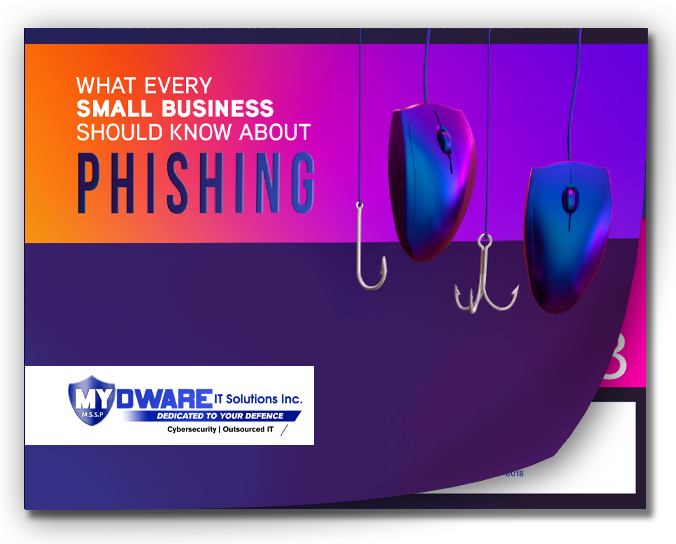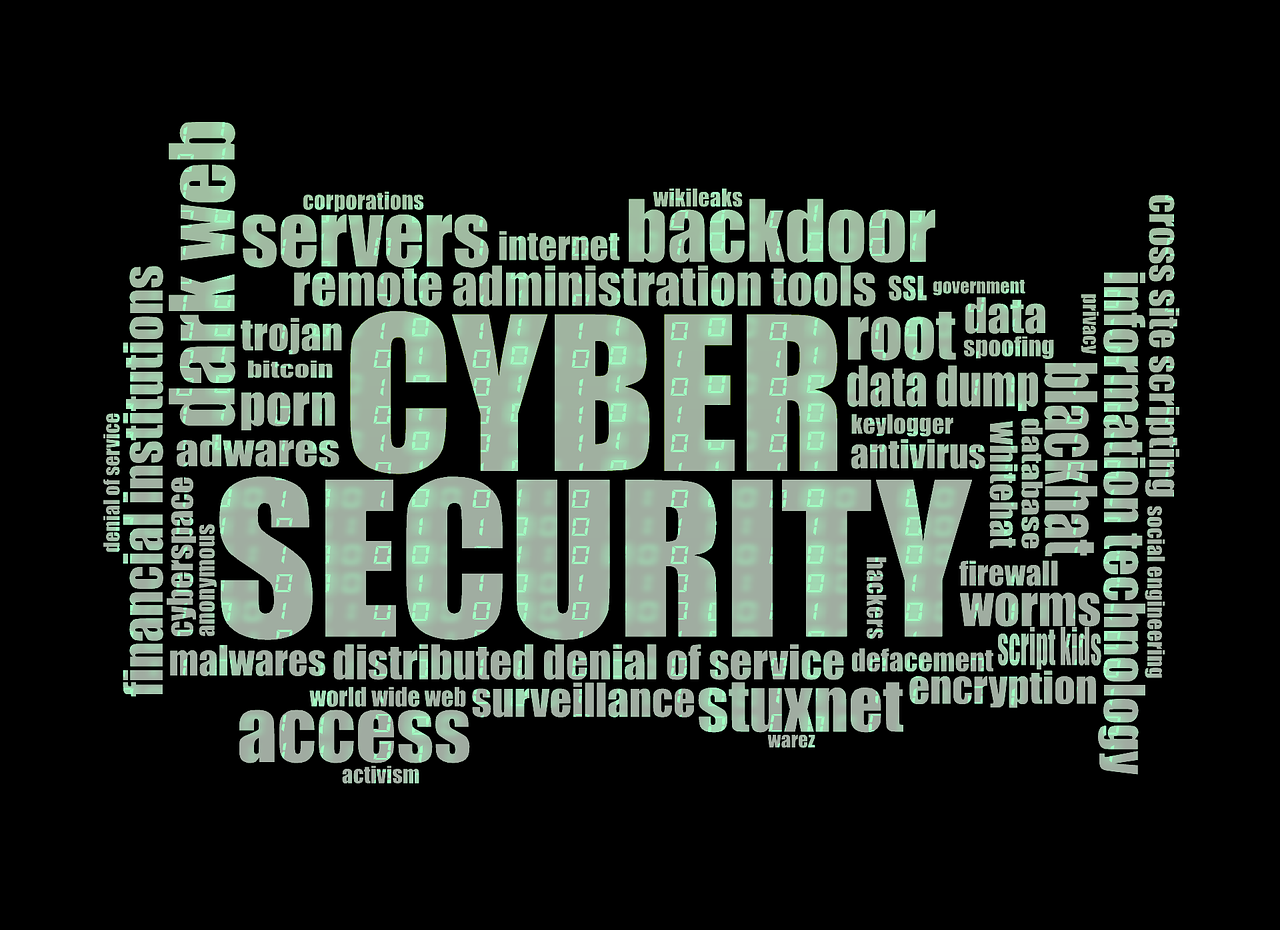 When you think your computer or network might be under attack, panic starts to pump inside your veins aggressively. But here's the deal: your next move can either save the day or create a disaster! Imagine it like this: it's the difference between a tiny bump in the road and a full-blown traffic jam with legal headaches and big fines.
When you think your computer or network might be under attack, panic starts to pump inside your veins aggressively. But here's the deal: your next move can either save the day or create a disaster! Imagine it like this: it's the difference between a tiny bump in the road and a full-blown traffic jam with legal headaches and big fines.
In this article, MYDWARE is your guide through the signs that your computer's feeling the heat and the five crucial steps to take if your network's been breached. Think of it as your roadmap to dodge the worst-case scenario and keep your online environment safe!
Signs Of An Issue
According to IBM’s cybersecurity report, the average data breach goes 277 days (about 9 months) before it’s noticed and reported. This time frame sounds straight BANANAS considering that attacks using malware, viruses, keylogging tools and more can cause a considerable amount of damage very quickly, but most users miss the warning signs and don’t realize they’re under attack until a massive damage has occurred.
Several of the biggest indicators of an issue can be mistaken for a slow or outdated computer from the 2000s. If you experience any of these issues, it’s a good idea to contact your IT team. If it’s an attack, they’ll know the proper steps to take, and if it’s not, they’ll be able to update your system or replace your device to improve performance.
Signs of A Hacked Computer:
- Snail-paced computer or network speeds
- Annoyingly frequent freezes or sudden crashes
- Pop-ups popping up like there's no tomorrow
- User accounts suddenly locked out
- Files changing faster than you can say "What the...?"
- Devices acting weirder than your eccentric neighbor
- Your computer refusing to go to bed when you shut it down
- Seeing suspicious activity in your accounts
Next Steps
If you’re experiencing any of these issues, the next steps you take are important. Here is what our team of experts recommends:
- Disconnect your network but keep the device powered on.
When things go wonky, our instinct is to hit Restart. Usually, that's a solid move. But if malware's lurking, it could make things go from bad to worse. Rebooting might burn your files without knowing. Disconnect from the network but keep your device on standby for the next steps. It's like putting a quarantine sign on a sick room in your house—keep the patient isolated but don't switch off the life support!
- Call your IT team ASAP.
Contain the chaos before it spreads like wildfire. Your IT squad will get right into the mess, figure out what went wrong—acting like geeked-up detectives to stop the digital disaster in its tracks. DON’T GO SOLO ON THIS. Trying to play tech hero with a "system cleanup" or antivirus scan could backfire big time. Leave it to the pros or you'll end up with singed eyebrows!
- Inform your attorney.
Time to call in the legal cavalry. Depending on the breach's size, your attorney might rope in some data breach professionals to navigate the maze of privacy laws. It's like having a legal lifeline to help you dodge any legal landmines—don’t worry, these big boys will handle the legal "bark" after the digital "bite."
- Secure your accounts with fresh passwords.
As the IT team is working on containing the breach, you’ll want to change your passwords to protect any of your other accounts that may not have been affected yet. Hopefully, you have multifactor authentication activated and will be warned if someone attempts to access your account; if not, start securing your accounts, beginning with those that hold financial information such as credit card numbers, Social Security numbers, and so on—don't be careless, it’s better to be safe than never!
- Keep an eagle eye on your bank accounts.
While the tech experts hustle to contain the breach, it's your time to secure your accounts. Imagine it like upgrading your home security system after a break-in—start by swapping out old locks (aka passwords) and buffing security where it counts, especially in accounts holding your financial assets.
And remember, if you find yourself in the middle of a cyber-attack, there's a playbook of other steps to follow, like crafting a PR strategy and alerting the authorities. But the first rule of thumb? Don't panic—just like in a game of chess, strategic moves and a calm demeanor can turn the tide in your favor.
Your data holds valuable, untapped potential like a gold mine. But managing it alone can be tough. That's where we step in. Partner with us to unleash your data's power. Contact MYDWARE today or take our Cybersecurity Risk Assessment completely FREE OF CHARGE!




